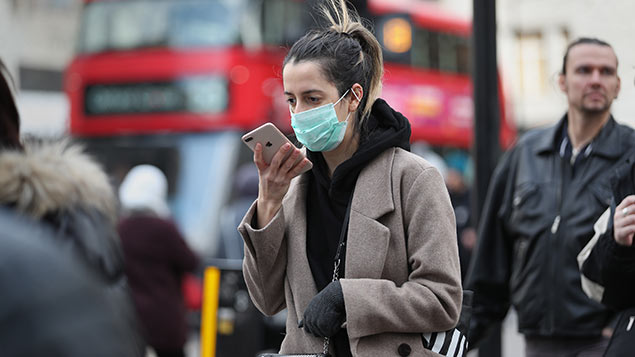Employers in London are bracing for a likely lockdown on travel and movement as authorities attempt to stop the spread of coronavirus in the capital, where the virus is spreading faster than the rest of the UK.
Transport for London closed around 40 Underground stations in the capital from Thursday, in order to restrict travel but allow key workers such as NHS employees to make essential journeys.
Special extended webinar
Register now for Coronavirus: What employers need to know (webinar)
The night tube has been suspended until further notice, as has the Waterloo and City Line. London buses will operate fewer services. Other big European cities have already imposed shutdowns, including Paris and Brussels.
Mayor of London Sadiq Khan said: “Londoners should be avoiding social interaction unless absolutely necessary, and that means they should be avoiding using the transport network unless absolutely necessary.
“London will get through these extraordinarily challenging times, and ensuring the capital’s critical workers can move around the city will be crucial.
“We owe it to them to do whatever we can to help them do their jobs effectively.”
The move follows the decision yesterday to close schools across the country for all but children of key workers and vulnerable pupils, and to cancel GCSEs and A-levels. Prime minister Boris Johnson has not ruled out tougher measures down the line, such as police powers to arrest those not observing isolation rules if they are sick.
Since being advised to tell employees to work from home earlier this week, organisations have been rising to the remote working challenge in a number of ways.
Sign up to our weekly round-up of HR news and guidance
Receive the Personnel Today Direct e-newsletter every Wednesday
Recruitment technology company HireVue said it had seen more than a 40% increase in live video interviews globally – and a 121% increase in the UK.
However, the sudden increase in employees working from home has put pressure on remote collaboration and conferencing services such as Slack and Zoom, with many companies experiencing delays in service.

